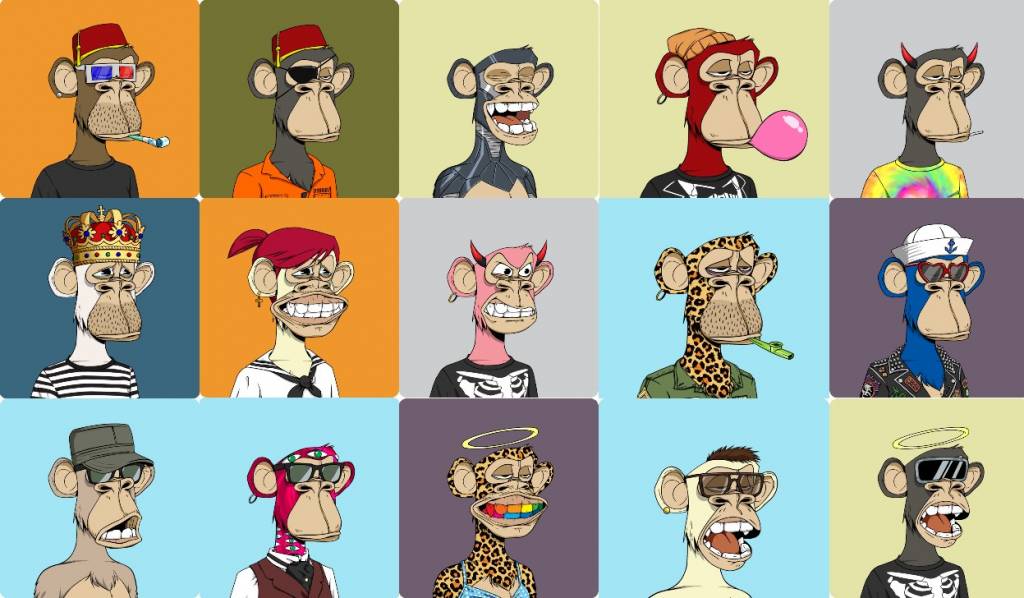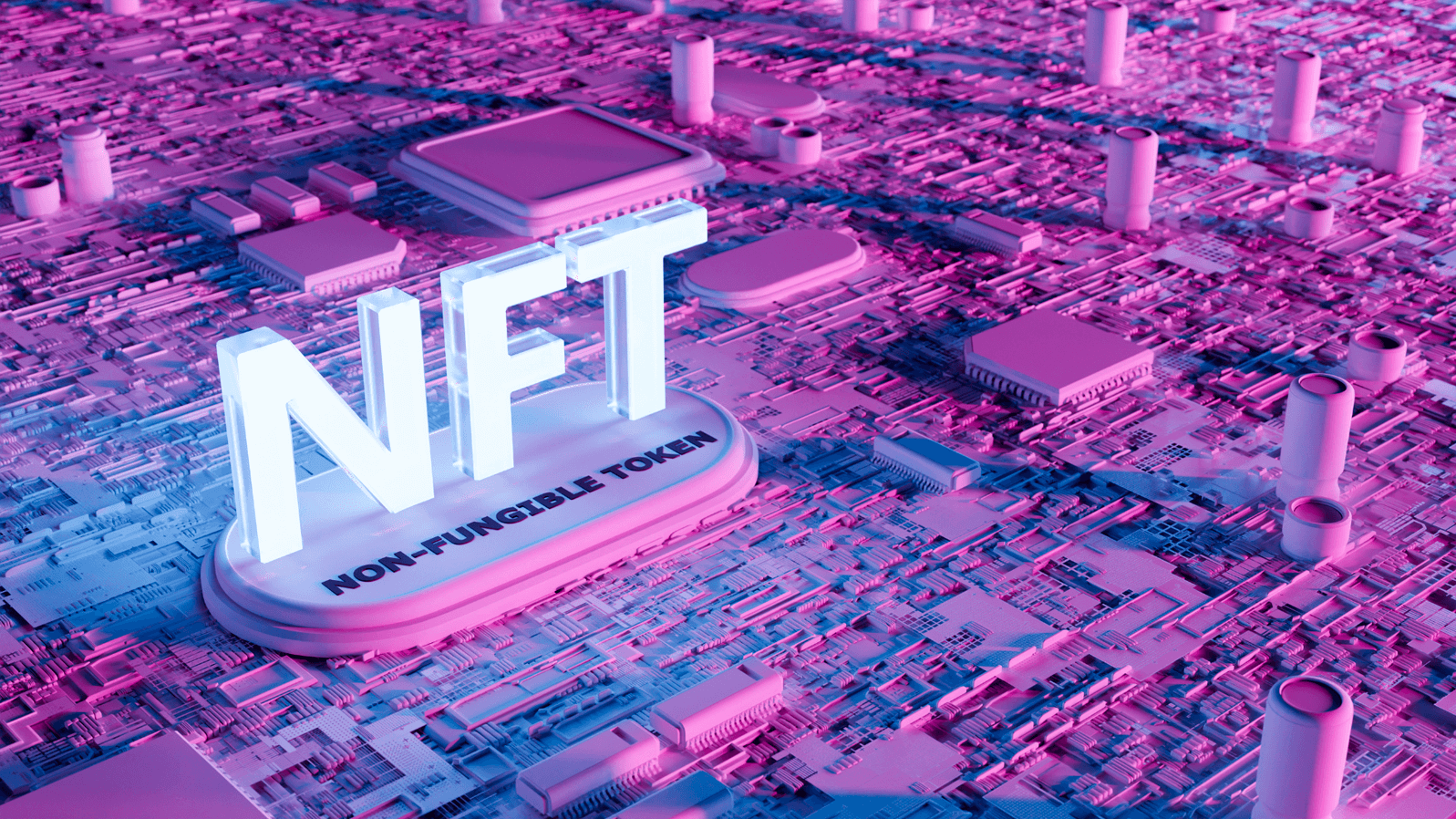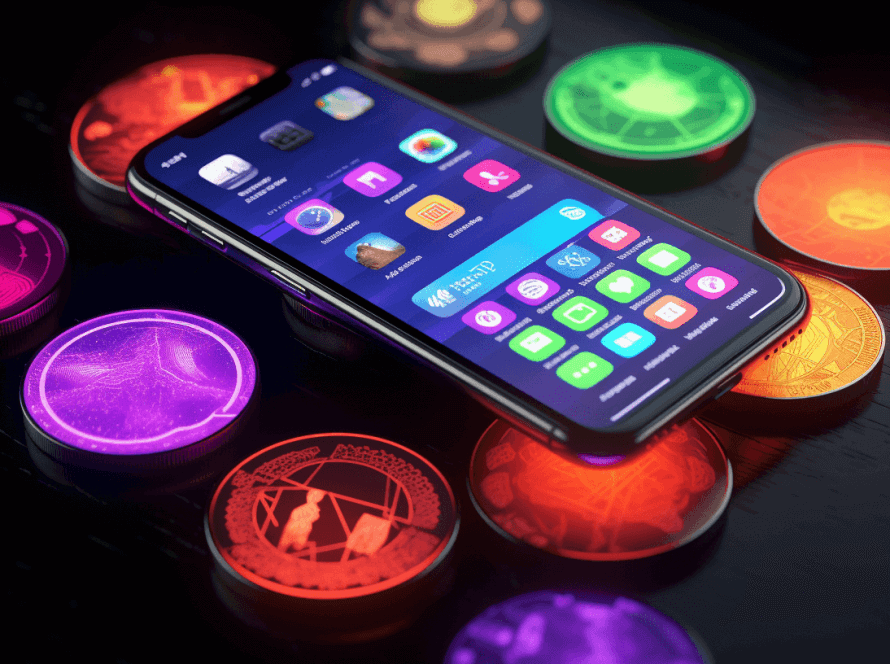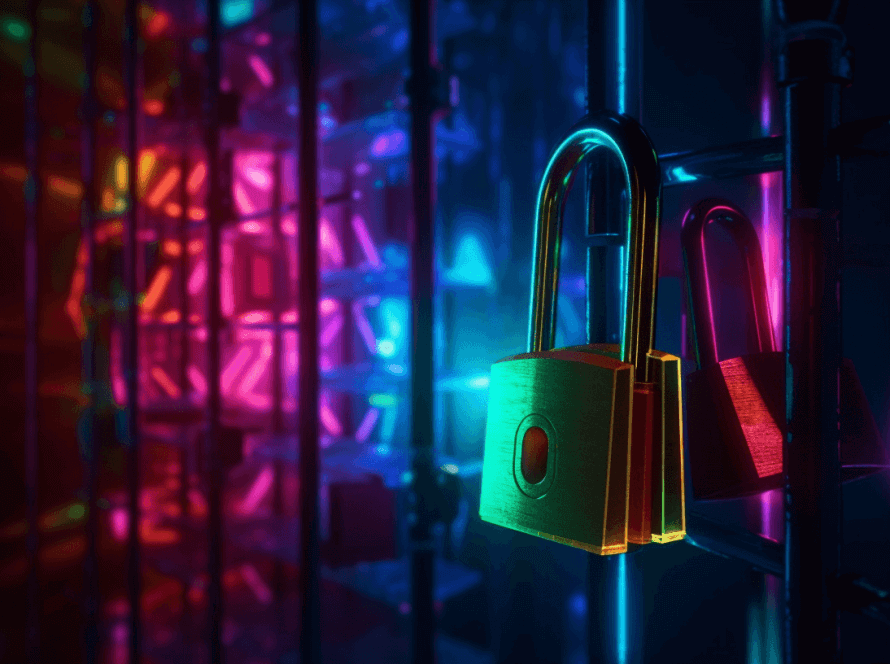Have you ever wondered what makes a painting by Picasso or a song by The Beatles valuable? Is it the physical canvas or the vinyl record that holds the value, or is it the artistic expression and cultural significance that they represent? And if so, how can we capture and preserve that value in the digital world, where everything can be copied, shared and right-click-saved endlessly?
This is where NFTs come in. NFTs (non-fungible tokens) are a new type of digital asset that can represent anything unique and scarce, such as art, music, collectibles, gaming items, virtual real estate, and more. Unlike traditional digital files, which can be duplicated and distributed for free, NFTs are verified by blockchain technology, which ensures their authenticity and ownership.
.
# What are NFTs and how do they work?
NFTs are a special kind of cryptocurrency token that are different from the ones you may have heard of, such as Bitcoin or Ethereum. While most cryptocurrencies are fungible, meaning they are interchangeable and have the same value (one Bitcoin is equal to another Bitcoin), NFTs are non-fungible, meaning they are unique and have different values (one NFT is not equal to another NFT).

NFTs are created, or “minted”, from digital objects that represent both tangible and intangible items, such as graphic art, GIFs, videos, sports highlights, collectibles, virtual avatars, video game skins, designer sneakers, music, and more. These digital objects are then stored on a blockchain, which is a distributed ledger that records transactions and ensures their security and transparency. Anyone can view the history and ownership of an NFT on the blockchain, as well as verify its authenticity and scarcity.
NFTs are not just a new way to make money. They are a new way to express yourself, to participate in culture, to create communities, and to share your passions with the world.
Gary Vaynerchuk, entrepreneur and NFT creator
To create an NFT, you need to have a digital wallet that supports cryptocurrency and NFTs. You also need to choose a platform or marketplace that allows you to mint and sell your NFTs. There are many platforms available for different types of NFTs, such as OpenSea, Rarible, SuperRare, Foundation, NBA Top Shot, CryptoKitties, Decentraland, and more. Each platform has its own rules and fees for creating and selling NFTs.
To buy an NFT, you need to have a digital wallet that supports cryptocurrency and NFTs as well. You also need to have some cryptocurrency to pay for the NFT. Most platforms use Ethereum as the main currency for NFT transactions. You can browse different platforms and marketplaces to find the NFTs that interest you. Once you find an NFT you like, you can bid on it or buy it outright. The transaction will be recorded on the blockchain and the NFT will be transferred to your wallet.
# What are the benefits and challenges of NFTs?
NFTs offer many benefits for both creators and collectors of digital art and content. Some of these benefits include:
- Ownership: NFTs allow creators to claim ownership of their work and prove its authenticity. They also allow collectors to own a piece of digital history and culture that cannot be replicated or stolen.
- Scarcity: NFTs create artificial scarcity for digital objects that are otherwise abundant and accessible. This increases their value and demand in the market.
- Royalties: NFTs enable creators to earn royalties every time their work is sold or resold on secondary markets. This creates a new stream of income for artists and content creators who often struggle to monetize their work online.
- Innovation: NFTs inspire new forms of creativity and expression in the digital realm. They also open up new possibilities for interactive and immersive experiences in virtual worlds.
- Community: NFTs foster a sense of community and belonging among creators and collectors who share similar passions and interests. They also facilitate social interactions and networking opportunities among like-minded individuals.
NFTs are the gateway to web3. They are the first use case that showcases the power of decentralized networks and smart contracts. They are also the first step towards a more open, fair, and inclusive internet. – Vitalik Buterin, co-founder of Ethereum
However, NFTs also face some challenges and risks that need to be addressed. Some of these challenges include:
- Environmental impact: NFTs consume a lot of energy due to the computational power required to mint and transfer them on the blockchain. This contributes to greenhouse gas emissions and climate change. Some platforms are trying to reduce their environmental footprint by using more efficient blockchain protocols or offsetting their carbon emissions.
- Legal issues: NFTs raise some legal questions regarding intellectual property rights, taxation, regulation, fraud prevention, and consumer protection. There is no clear legal framework or consensus on how NFTs should be governed and taxed. There is also a risk of infringing on the rights of the original creators or owners of the digital objects that are turned into NFTs.
- Volatility: NFTs are subject to high price fluctuations and speculation due to their novelty and hype. There is no guarantee that an NFT will retain its value or demand over time. There is also a risk of losing access to your NFTs if you lose your private keys or if the platform or marketplace shuts down.
# What is the future of NFTs?
NFTs are more than just a fad or a bubble. They are a paradigm shift in how we create, consume, and exchange value in the digital world. They are also a catalyst for innovation and experimentation in various fields and industries, such as art, music, gaming, fashion, media, education, health care, and more.
NFTs are here to stay and they will change the way we interact with digital art and content forever. Are you ready to join the revolution?
NFTs are the future of content creation and ownership. They empower creators to monetize their work directly from their fans, without intermediaries or gatekeepers. They also enable fans to support their favorite creators and become part of their creative journey.”
Mark Cuban, billionaire investor and NFT collector
If you are curious about NFTs and want to learn more or get involved, here are some resources you can check out:
- Forbes: What Is An NFT? Non-Fungible Tokens Explained (https://www.forbes.com/advisor/investing/cryptocurrency/nft-non-fungible-token/)
- Verge: NFTs, explained (https://www.theverge.com/22310188/nft-explainer-what-is-blockchain-crypto-art-faq)
- BeInCrypto: NFTs Explained (https://beincrypto.com/learn/nfts-explainer/)
- Investopedia: Non-Fungible Token (NFT) (https://www.investopedia.com/non-fungible-tokens-nft-5115211)
- National Geographic: What are NFTs (https://www.nationalgeographic.com/science/article/how-nfts-work-explainer)
- BBC News: What are NFTs (https://www.bbc.com/news/technology-56371912)




